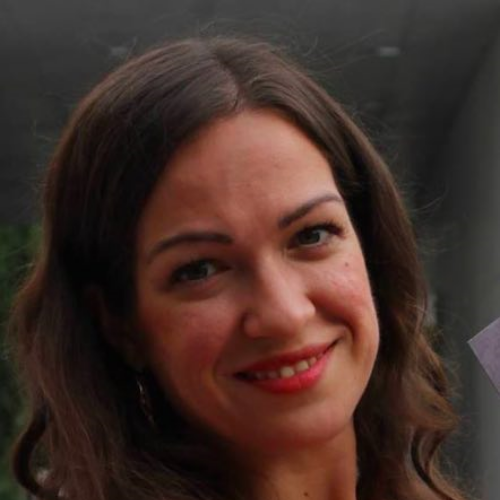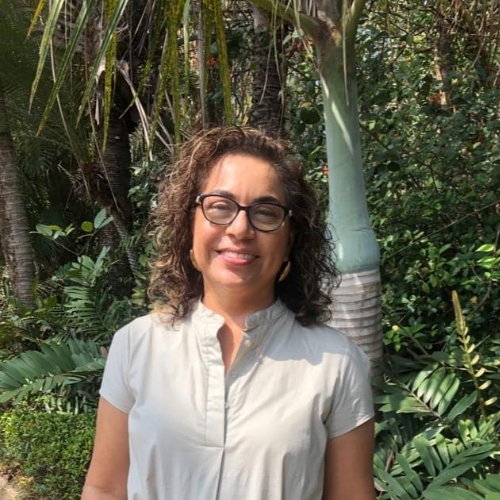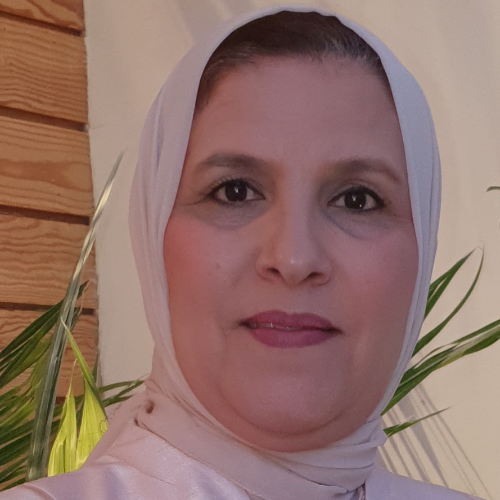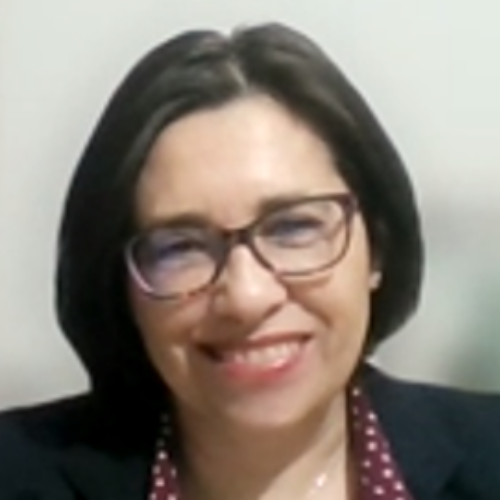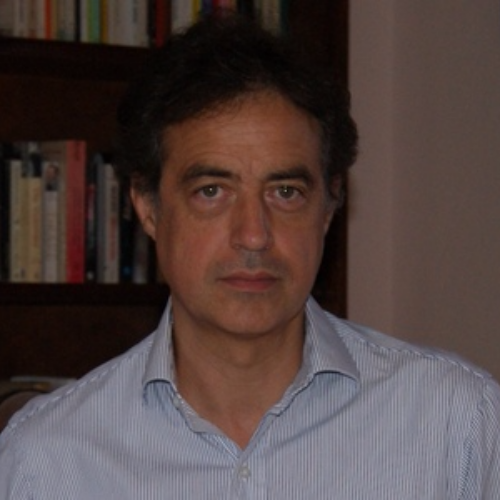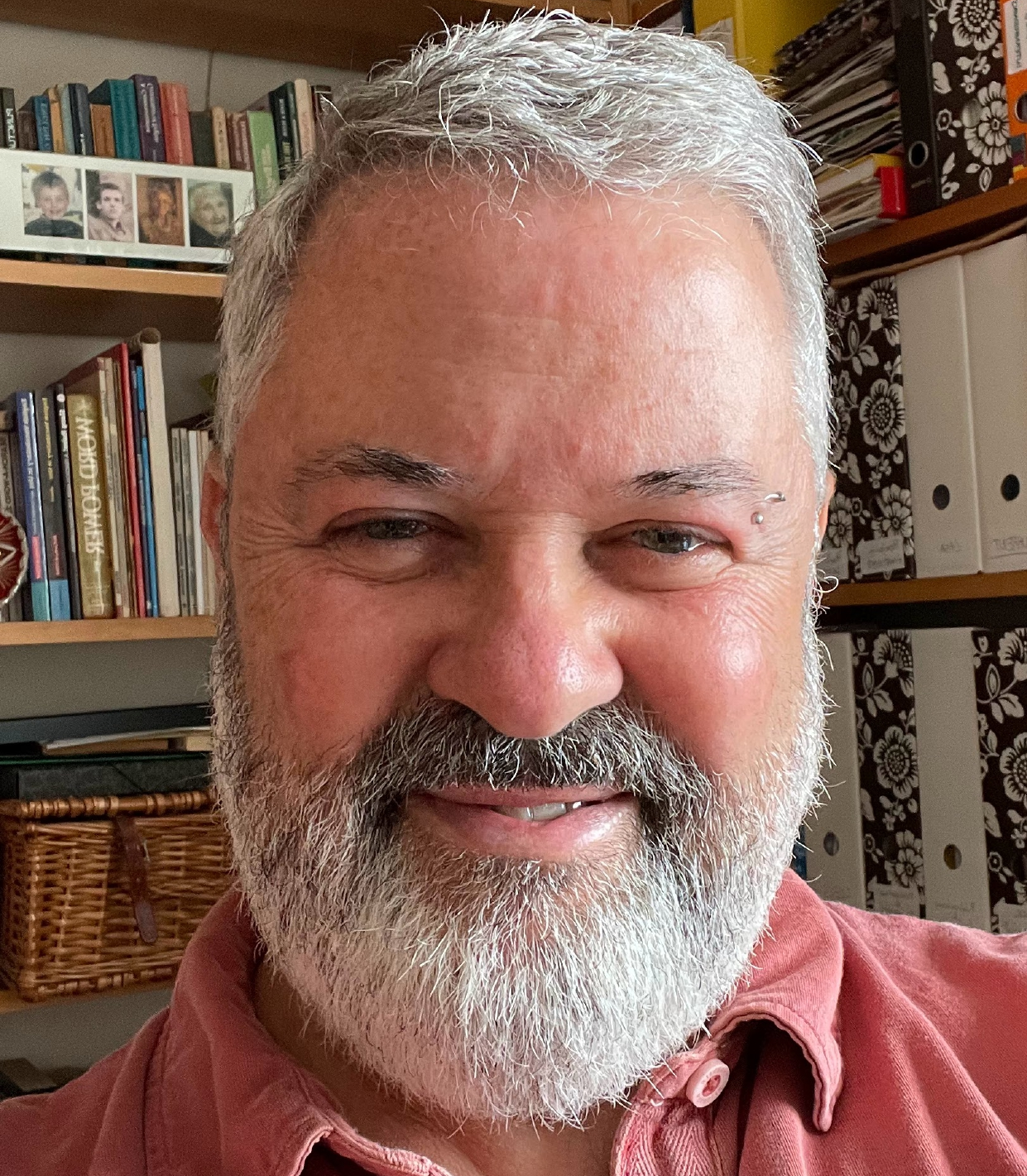Dr. Tatjana Portnova
holds a PhD in Education Sciences (University of Granada, Spain). She studied a BA in both Spanish and Russian Philology (University of Tartu, Estonia) and a MA in Latin-American culture (University of Granada, Spain).
Dr. Portnova works as a teacher at the University of Granada, the University of Malaga, and Catalunya Open University in Spain. She is a Member of the Research Group HUM1011: Didactics of Foreign Languages. She is both the coordinator and a teacher in the MA program of Creative Writing of the University of Granada (Spain). Besides, she is responsible of the Spanish Language Research Networks of Common Ground Research Networks (University of Illinois at Urbana-Champaign). Her research profile focuses on Didactics of Language and Literature and Didactics of Foreign Languages. She has published several articles indexed in JCR (Q1 and Q2), Scopus. Dr. Portnova has more than 20 presentations at international conferences and seminars. She participated in more than 20 specialization and teacher training courses, as well as in three national research projects. Dr. Portnova is Co-editor of the International Journal of Learning and Associate Editor of Porta Linguarum Journal.
Dra. Mariza G. Méndez López
Licenciada en Lengua Inglesa por la Universidad Veracruzana. Maestra en TESOL por la University of Manchester, en el Reino Unido y en Psicopedagogía por la Universidad de la Habana, Cuba. Doctora en Educación por la University of Nottingham, en el Reino Unido. Realizó una estancia Postdoctoral en la University of Southampton en el Reino Unido (2015-2016) como becaria CONACyT.
La Dra. Méndez es Profesora – Investigadora y cuenta con más de 20 años de experiencia en instituciones de Educación Superior en México (UNACAR, UQROO, UV). Ha coordinado Cuerpos Académicos de investigación en el área de lenguas extranjeras. Sus áreas de investigación versan sobre los factores afectivos en el aprendizaje de lenguas extranjeras y el desarrollo profesional docente. Es miembro del Sistema Nacional de Investigadores (SNI-CONACyT). Actualmente es coordinadora de la Maestría en la Enseñanza del Inglés como Lengua Extranjera ( MEILE) en la Universidad Veracruzana, Región Veracruz.
Dr. Malika Haoucha
PhD in Applied Linguistics and English Language Teacher Education from Warwick University, England, 2005; MA in ELT, Warwick University, England, 1995, is an associate professor at the Faculty of Law, Economics and Social Sciences, Hassan II University of Casablanca, Morocco. She teaches general English, English for Specific Purposes and coordinates a bachelor course in International Trade. Before joining the faculty, she had been a lecturer at Alakhawayn University in Ifrane; worked as a part-time English language teacher at the Centre for English Language Teacher Education (CELTE) at Warwick University, England. She also ran her private company and provided personal development coaching and English Language Courses to Dell Corporation employees in Casablanca. The courses taught included both general English and English for Specific Purposes, Intercultural Management. Her research areas of interest include, but are not limited to, academic writing, Higher education branding, innovation, and the use of ICTs in the Moroccan tertiary education. Malika Haoucha has a substantial number of publications in high indexed journals, such as Scopus and Web of Science, contributed book chapters and has been an active member in the editorial advisory committees of many renowned journals.
Dra. Martha Leonor Martínez Acosta
(Plenarista- Universidad Nacional de Colombia-Sede Bogotá)
Licenciada en Lenguas modernas de la Universidad Pedagógica Nacional de Colombia, Magister del Instituto Superior de Frances (Colegio Mayor de Nuestra Señora del Rosario) en Bogotá Colombia y DEA en Didáctica del Francés Lengua Extranjera de la Universidad Paul Valéry III en Montpellier, Francia.
Cuenta con una amplia experiencia como docente de Frances Lengua Extranjera y Didáctica francesa en la Universidad Nacional de Colombia. Integrante del grupo de investigación LEXI. Ha sido coordinadora de los cursos de Extensión y actualmente se desempeña como Coordinadora del Área de francés del Departamento de Lenguas Extranjeras. Sus áreas de interés son la didáctica de las lenguas extranjeras y la evaluación.
Dr. Francisco Lorenzo
Francisco Lorenzo es catedrático de universidad en el Departamento de Filología y Traducción de la Universidad Pablo de Olavideen Sevilla, España. Es especialista en Sociología del Lenguaje y Políticas Lingüísticas con publicaciones en Language Policy, Linguistics and Education, System o Language Learning Journal. Es autor de varios volúmenes: Competencia Comunicativa en Español L2 (Edinumen, 2004), Educación Bilingüe (Síntesis, 2009), Motivación y Segundas Lenguas (Arcolibro, 2014), y El Español Académico en entornos bilingües (Peter Lang, 2021). Su último trabajo publicado en Applied Linguistics ha recibido el Research Article Award 2022 por la American Association of Applied Linguistics (Lorenzo, Granados y Rico, 2021).
Dr. Luis Guerra
Luís Guerra holds a PhD in Applied Linguistics/English Language Teaching from Warwick University, UK. He is a Professor of English Language and Linguistics/Applied Linguistics at the Department of Linguistics and Literatures and Director of the Language Centre of the School of Social Sciences, at the University of Evora. He has extensive experience in ELT having taught in Brazil, the US, the UK, Spain and Portugal. He was the national coordinator of the ERASMUS+ ILTERG Project and a member of the ENRICH Project. Currently, he is the national coordinator of the Erasmus+ EUREDIE – European Researcher Development and Engagement for Interculturality and Equity Project. His research interests are English as a Lingua Franca(ELF)/English as an International Language, World Englishes, ELF-based teaching methodology, intercultural communication, ICT in language teaching, and intercultural citizenship.
